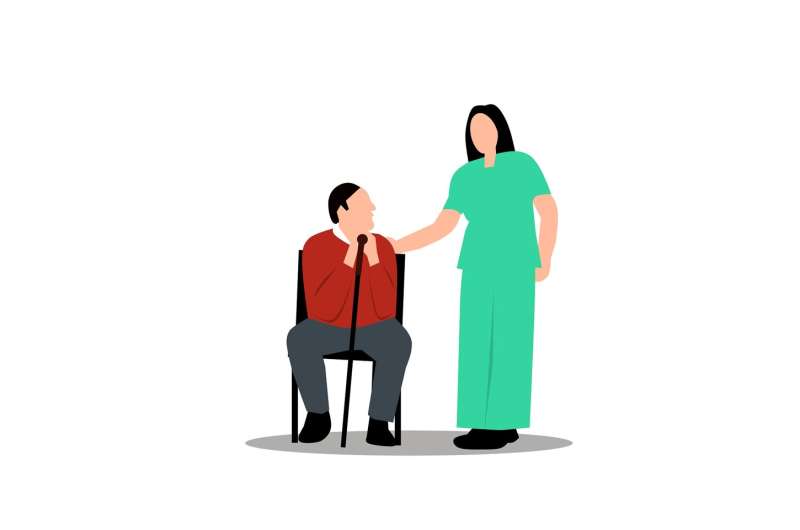This article has been reviewed according to Science X's editorial process and policies. Editors have highlighted the following attributes while ensuring the content's credibility:
fact-checked
trusted source
proofread
Study sheds light on critical areas for improvement in the delivery of palliative care, particularly among rural nurses

A study published in Collegian has shed light on critical areas for improvement in the delivery of palliative care, particularly among rural nurses.
It found a lack of resources were tailored to rural nurses, despite their distinct scope of practice compared to their metropolitan counterparts and existing nursing competency tools for general and home-based care.
A team of researchers led by La Trobe University's Associate Professor Dr. Hanan Khalil developed a questionnaire to identify strengths and gaps in rural nurses' knowledge of community-based palliative care in Victoria's Gippsland region.
Dr. Khalil said the Palliative Care Skills Matrix Questionnaire revealed no tools had been developed with rural nurses in mind and showed notable disparities in pain and crisis management.
"The study highlighted that a third of the rural nurses surveyed lacked knowledge in managing pain using opioids, managing delirium and the management of rare emergency situations within palliative care," Dr. Khalil said.
"We also found that clinical experience was a significant correlate of greater knowledge in recognizing and managing palliative care emergencies and other symptoms and conditions, which is not surprising."
The PC-SMQ was based on the Australian National Palliative Care Standards and developed through a rural nursing and palliative care community.
The questionnaire revealed insufficient experience and formal training were associated with gaps in knowledge of palliative care.
Dr. Khalil said funding from the Aged Care Research and Industry Innovation Australia will enable an expansion of the palliative care work into aged care sites and support staff in various areas of palliative care management.
"Targeted interventions, such as training and peer mentoring, have the potential to address identified gaps in rural community-based nurses and, ultimately, improve the care of palliative patients," Dr. Khalil said.
The PC-SMQ can be used by rural nurses, managers and health services to thoroughly identify palliative care practice strengths and gaps to plan future professional development activities.
More information: Hanan Khalil et al, Rural nurses' self-rated knowledge and skills in pain, medication, symptom and emergency management in community-based palliative care: A cross-sectional survey, Collegian (2022). DOI: 10.1016/j.colegn.2022.07.008





















